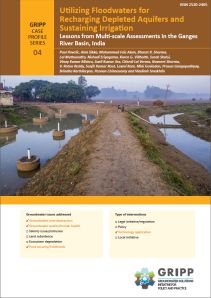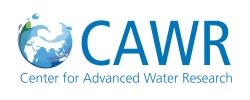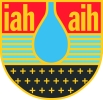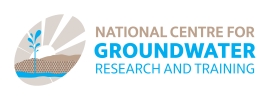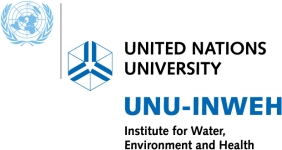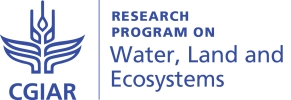GRIPP Case Profile Series – Issue 4
Abstract
Extreme weather events disproportionately affect large populations in the world’s emerging economies. Such regions may be characterized by recurrent cycles of intense rainfall that cause distressing floods and longer periods of low rainfall that cause seasonal droughts. India is a clear case in point where problems associated with water management are a major national concern. The country’s irrigation sector has also become overwhelmingly dependent on groundwater. The importance of groundwater in supporting food production and the livelihoods of millions of smallholders is being undermined by major social and environmental problems due to increasing overexploitation of the resource. Hence, there is a clear need for pragmatic, cost-effective, socially inclusive and scalable solutions to lower the risks from recurrent (and worsening) cycles of floods and droughts, while addressing groundwater depletion.
The fourth issue in the Case Profile Series, produced by the Groundwater Solutions Initiative for Policy and Practice (GRIPP), presents a synthesis of the experience gained from initiating and testing the Underground Transfer of Floods for Irrigation (UTFI) approach in the Indo-Gangetic Plain in India. The UTFI approach was introduced in the late 2000s in Thailand, and in the intervening years, the focus has largely been on India.
The UTFI approach involves recharging depleted aquifers with seasonal high flows to provide additional groundwater for irrigated agriculture during dry periods, while also mitigating floods. It has been identified that there is potential for implementing the UTFI approach across large parts of South Asia. The first pilot-scale implementation of UTFI was carried out in a rural community of the Indo-Gangetic Plain in India, and performance of the approach was assessed over three years from a technical, environmental, socioeconomic and institutional perspective. The results are promising and show that UTFI has the potential to enhance groundwater storage and control flooding, if replicated across larger scales. The challenges and opportunities for more wide-scale implementation of UTFI are identified and discussed. In areas with high potential for implementation, policy makers should consider UTFI as an option when making decisions associated with relevant water-related development challenges.
Pavelic, P.; Sikka, A.; Alam, M. F.; Sharma, B. R.; Muthuwatta, L.; Eriyagama, N.; Villholth, K. G.; Shalsi, S.; Mishra, V. K.; Jha, S. K.; Verma, C. L.; Sharma, N.; Reddy, V. R.; Rout, S. K.; Kant, L.; Govindan, M.; Gangopadhyay, P.; Brindha, K.; Chinnasamy, P.; Smakhtin, V. 2021. Utilizing floodwaters for recharging depleted aquifers and sustaining irrigation: lessons from multi-scale assessments in the Ganges River Basin, India. Colombo, Sri Lanka: International Water Management Institute (IWMI). 20p. (Groundwater Solutions Initiative for Policy and Practice (GRIPP) Case Profile Series 04). doi: https://doi.org/10.5337/2021.200
ISSN 2520-2405 (Online)
ISSN 2520-2391 (Print)
ISBN 978-92-9090-910-1







